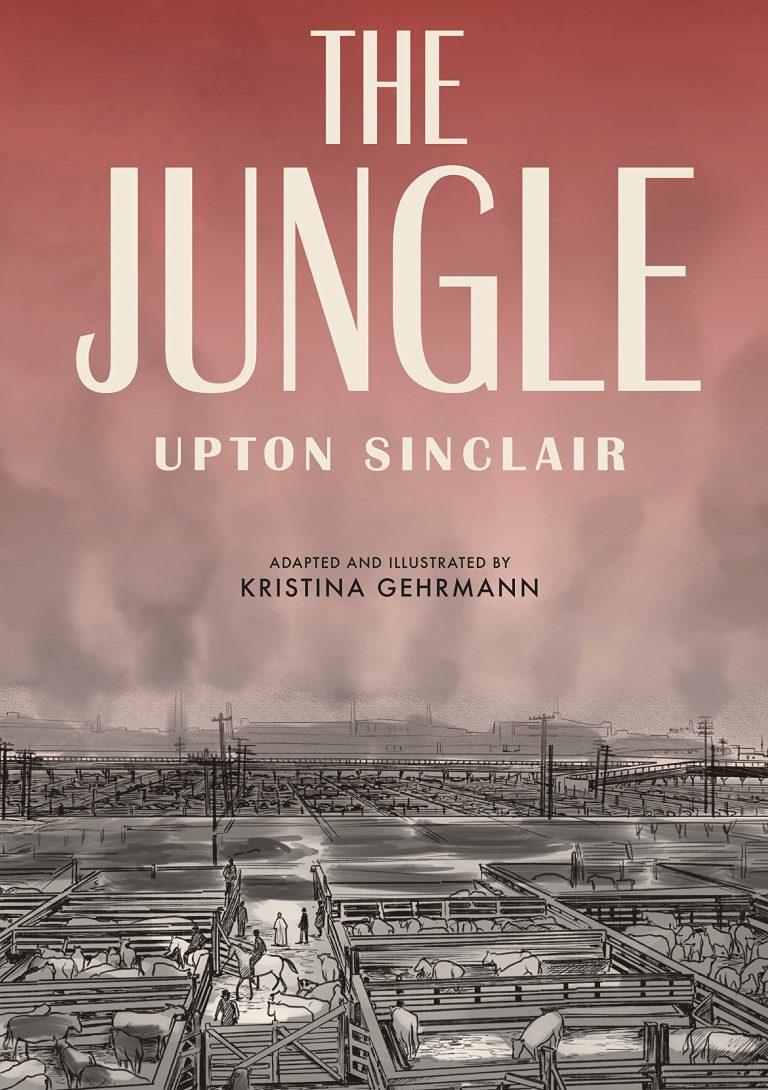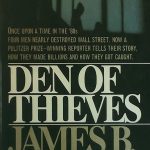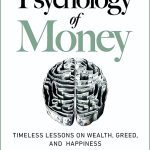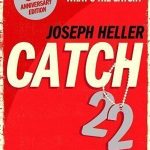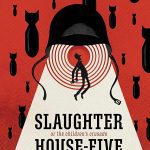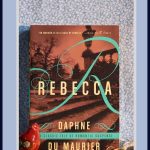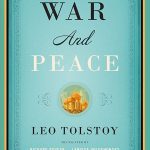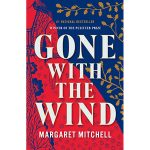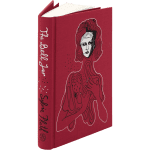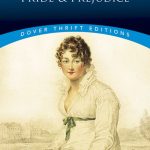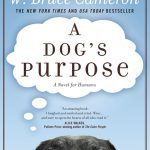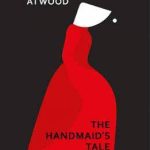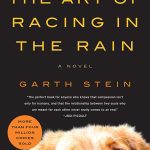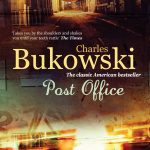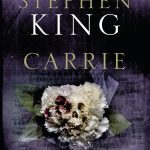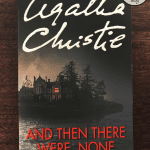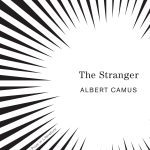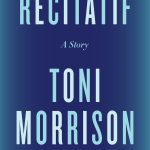The Jungle by Upton Sinclair is a ground-breaking classic novel that tells the story of Jurgis Rudkus and his family, who emigrate to America in search of the American Dream. Published in 1906, it’s an essential read for anyone interested in learning about the true nature of the early industrial age in America. Upton Sinclair’s gripping tale paints a vivid picture of harsh working conditions, terrible exploitation and a people desperate for change. It also serves as a powerful reminder of how far we have come since then.
The Jungle has been praised for its powerful portrayal of American labor and immigration issues during the early 20th century. Its influence on society and politics is undeniable, with its advocacy for better living standards and labor rights leading to actual legislative reforms. In this review, we’ll explore The Jungle’s impact on American history, as well as its enduring legacy today.
The Jungle by Upton Sinclair Review

The Jungle by Upton Sinclair is a must-read classic novel. Taking place in the early 1900s, it paints a vivid picture of life and labor in America’s industrialized cities. The Jungle is an eye-opening depiction of the harsh realities of poverty and exploitation during the turn of the century.
Key Features:
1. A gripping story about life in midwest America during the Industrial Revolution
2. It brings to light the difficulties faced by working class immigrants
3. An inspiring tale of resilience and courage in the face of injustice
4.A timeless message about the power of collective action
Upton Sinclair’s The Jungle, first published in 1906, has been hailed as one of the greatest novels ever written. This powerful story follows Jurgis Rudkus, a Lithuanian immigrant living in Chicago, and his family as they struggle against oppressive forces that push them further into poverty and despair. Along the way, they are confronted with numerous societal issues such as corruption, exploitation, and racism. Despite their bleak circumstances, Jurgis and his family remain resilient and determined to survive.
Through its vivid descriptions and compelling characters, The Jungle sheds light on many aspects of life for those who lived during this time period. Its unflinching account of the struggles faced by working-class immigrants depicts their plight with heartbreaking reality. In addition to its social commentary, The Jungle also provides an inspiring message about hope and solidarity in times of adversity. By taking a stand against oppression and standing together, Jurgis’ family is able to find strength in numbers and ultimately persevere through their hardships.
For readers looking for a powerful insight into modern American history, The Jungle is an unforgettable experience full of heartache, courage, and resilience. In it, Upton Sinclair delivers an important message that still resonates today: unity can be a powerful tool for overcoming even the darkest of challenges.
Product Details
| Product | Details |
|---|---|
| The Jungle | by Upton Sinclair |
| Paperback: 320 pages | |
| Publisher: CreateSpace Independent Publishing Platform (July 4, 2015) | |
| Language: English | |
| ISBN-10: 1503331865 | |
| ISBN-13: 978-1503331860 | |
| Product Dimensions: 5 x 0.7 x 8 inches |
The Jungle by Upton Sinclair Pros and Cons
Pros:
1. Rich in details: The Jungle by Upton Sinclair is a vivid and engaging novel that captures the harsh realities of life in the early 1900s for immigrant workers. Written in 1906, it provides an accurate depiction of the struggles faced by these workers, from poverty and exploitation to dangerous working conditions.
2. Powerful story: It is a powerful story about the struggle for human dignity in the face of adversity, and how one man’s determination can make a difference.
3. Eye-opening exploration: This book provides an eye-opening exploration into the lives of immigrants who came to America seeking a better life, but found only despair and hardship instead.
4. Historically significant: The Jungle has become an important part of American history, as it was instrumental in bringing about changes in the food industry that led to safer conditions for workers.
Cons:
1. Too graphic: The novel contains graphic descriptions of working conditions and slaughterhouses that may be too much for some readers.
2. Slow moving: The story can be slowmoving at times, as Sinclair spends time exploring various characters and their motivations.
3. Lack of character development: Some readers may find that there is not enough character development or resolution to certain storylines.
Who are They for
The Jungle by Upton Sinclair is an iconic novel that has stood the test of time. Published in 1906, this classic book explores poverty, labor abuses, and immigration through the eyes of a Lithuanian family in Chicago’s meatpacking district. It was one of the first books to expose these injustices and it had a profound impact on American society. The book is as relevant today as it was over a century ago.
This edition of The Jungle includes the original text, plus illustrations and an introduction by literary scholar Laurence A. Breiner. Readers will gain insight into the conditions faced by workers in the early 1900s and explore how these issues are still relevant today. Throughout its pages, Sinclair paints vivid scenes that capture both the desperation and hope of those living through difficult times. As one reviewer put it, “Sinclair’s writing is captivating as he takes readers on a journey through the lives of struggling immigrants.”
For anyone looking for a powerful work of literature that speaks to both past and present social issues, The Jungle is an essential read.
My Experience for The Jungle by Upton Sinclair

I remember it like it was yesterday. I had been searching for a book that would really capture my attention and transport me to another world – and then I found The Jungle by Upton Sinclair. As soon as I opened the pages, I was immediately hooked!
The story follows Jurgis Rudkus, an immigrant who moves to Chicago with his family in hopes of finding a better life. But instead of the American Dream, they face poverty, exploitation, and corruption at every turn. This story quickly became an eye-opening experience for me, as I saw first-hand how powerful business interests and government policies can impact everyday people’s lives.
Upton Sinclair’s writing style is vivid and engaging – you can almost feel the dirt under your fingernails as you read about the harsh conditions in the meatpacking plants. He does an incredible job at illustrating the struggles of working-class people and showing how their environment affects their lives.
The Jungle also provided me with a greater insight into history and politics of the early 20th century. It shed light on issues such as industrialization, labor rights, immigration, and public health that are still relevant today.
This book has become one of my all-time favorites, and I highly recommend it to anyone looking for an entertaining yet thought-provoking read!
What I don’t Like
1. Outdated language: The language used in the book is quite old-fashioned and can be difficult to understand for modern readers.
2. Political agenda: The book paints a bleak picture of the corporate world with a socialist agenda that some readers may find off-putting.
3. Graphic violence and imagery: Upton Sinclair does not shy away from graphic violence, racism, and other strong imagery that may be disturbing for some readers.
4. Lengthy descriptions: There are many lengthy passages that can slow down the pace of the narrative.
5. Dated references: Many of the references made in the novel are now outdated and no longer relevant to today’s readers.
How to Develop a Passion for Social Change Through Reading The Jungle
Reading Upton Sinclair’s The Jungle is an incredible way to gain a better understanding of the power of literature to create social change. This classic work of muckraking journalism brought awareness to the horrendous conditions in the meatpacking industry, leading to the passage of the Meat Inspection Act and the Pure Food and Drug Act in 1906. Through reading The Jungle, you can learn how to develop a passion for social change and use writing as an effective tool for making positive changes in society.
First, it’s important to understand what muckraking journalism is, and why it was so effective at bringing attention to issues that needed reform. Muckraking journalism is investigative reporting on topics such as political corruption, business practices, public health hazards, and labor exploitation. It was popularized by journalists like Upton Sinclair, who exposed the inhumane conditions of the meatpacking industry with his novel The Jungle. By highlighting these issues through vivid descriptions and stories of real people, he helped spark public outrage that eventually led to legislative action.
Next, you’ll want to consider how you can use your own writing skills to create social change. Writing is one of the most powerful tools we have for bringing attention to injustices and inspiring people to take action. As you read The Jungle, look for examples of how Sinclair used language to make an emotional impact on his readers and bring awareness to his cause. Pay attention to his choice of words, imagery, and storytelling techniques, and think about how you can apply similar strategies when crafting your own writing pieces.
Finally, don’t forget that creating social change isn’t just about writing – it’s also about taking direct action. After reading The Jungle, research ways that you can get involved in advocating for causes that are important to you. Look for organizations or campaigns that are working towards meaningful change, and find out how you can lend your voice or skillset to their efforts. While reading may be a great starting point for developing your passion for social justice, it’s only through taking action that real progress can be made!
Questions about The Jungle by Upton Sinclair
### How does The Jungle by Upton Sinclair address issues of poverty?
The Jungle by Upton Sinclair is an incisive exploration of the dire consequences of extreme poverty and unscrupulous business practices in the early 1900s. It follows a Lithuanian immigrant, Jurgis Rudkus, as he struggles to make ends meet and survive in the squalor of Chicago’s meatpacking industry. Throughout his journey, Sinclair explores themes such as capitalism, consumerism, labor exploitation, and social injustice. He paints a vivid picture of the harsh realities faced by people living in poverty, making The Jungle an important historical document and an invaluable resource for understanding the plight of those without economic power.

Hi, my name is Lloyd and I'm a book enthusiast. I love to read all kinds of books, from classic literature to modern fantasy, as well as non-fiction works. I also enjoy writing reviews and giving my opinion on the books that I have read.

